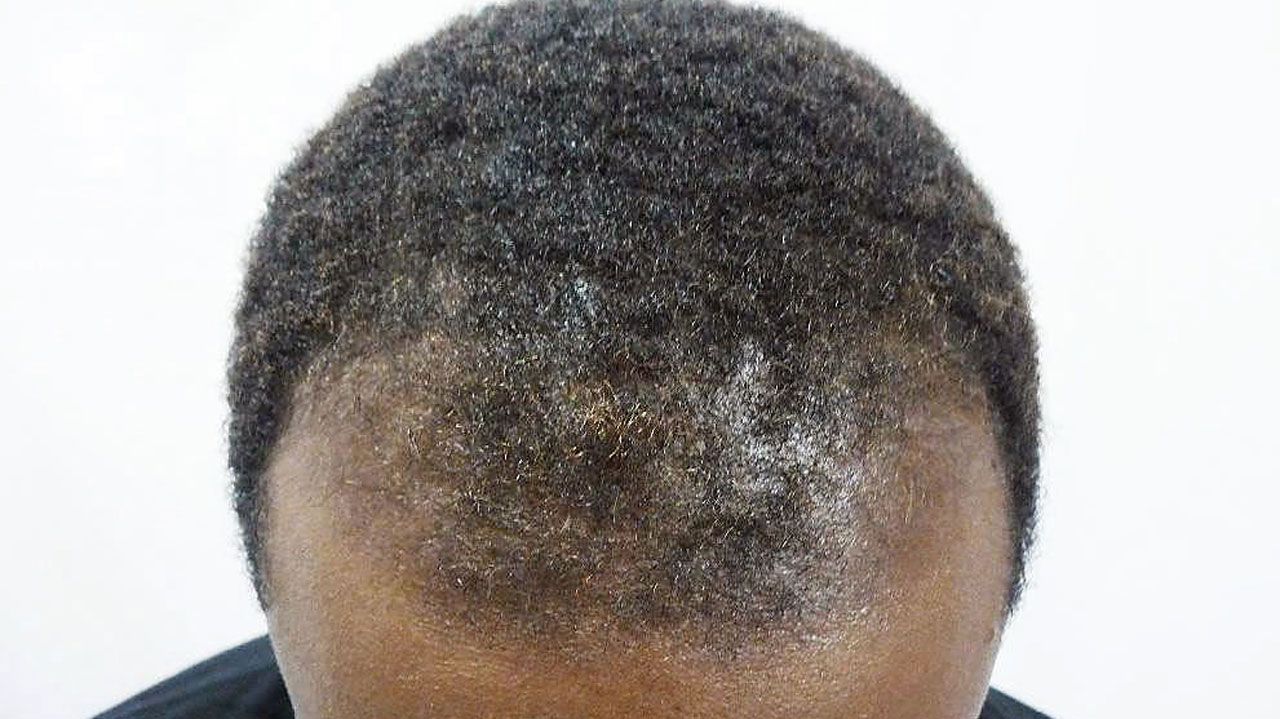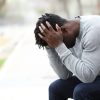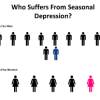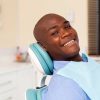- Empty cart.
- Continue Shopping
The Psychological Impact of Hair Loss in Men

Hair has always played a significant role in defining a person’s appearance and self-perception. For men, in particular, hair can be closely tied to their self-esteem and sense of identity. However, the experience of hair loss can have a profound psychological impact, leading to a range of emotional challenges.
The Emotional Rollercoaster of Hair Loss
Hair loss is not merely a physical change; it is an emotional journey that many men go through. Here are some of the emotional aspects associated with hair loss:
1. Decreased Self-Esteem:
A full head of hair is often associated with youth and attractiveness. As hair begins to thin or recede, men may experience a decrease in self-esteem, leading to feelings of inadequacy.
2. Social Anxiety:
Hair loss can trigger social anxiety, causing some men to withdraw from social interactions or dating due to concerns about their appearance and potential judgment from others.
3. Body Image Concerns:
Hair loss can lead to dissatisfaction with one’s overall appearance, affecting self-confidence in various areas of life. Men may find themselves focusing on their perceived flaws rather than their strengths.
4. Depression and Anxiety:
Chronic stress, anxiety, and even depression can be the result of ongoing concerns about hair loss. The emotional distress can become all-encompassing, affecting daily life and overall mental health.
Contributing Factors to Psychological Distress
Understanding the sources of emotional distress related to hair loss is crucial for finding effective coping strategies:
1. Societal Pressure:
Society often places a high value on physical appearance and youthfulness. Unrealistic beauty standards can make the experience of hair loss more emotionally challenging.
2. Media Portrayals:
Media representations frequently feature men with thick, lustrous hair, creating unrealistic expectations. Men may compare themselves to these idealized images.
3. Self-Perception:
How a man perceives himself and his hair loss plays a significant role in his emotional response. Those who strongly identify with their hair may experience a more profound sense of loss.
4. Influence of Peers and Family:
Feedback from peers, family members, or partners can shape one’s perception of hair loss. Negative comments or teasing can amplify feelings of distress.
5. Fear of Judgment:
The fear of being judged or ridiculed by others can heighten feelings of vulnerability, making the experience of hair loss even more emotionally challenging.
Coping Strategies
While the psychological impact of hair loss can be profound, there are strategies that can help men navigate this experience:
1. Seek Support:
Open up to friends, family, or a mental health professional about your feelings and concerns. Sharing your emotions can alleviate stress and provide a valuable support system.
2. Practice Self-Acceptance:
Embrace your appearance as it changes. Accepting hair loss as a natural part of aging can boost self-esteem and self-acceptance.
3. Explore Treatment Options:
Consult with a dermatologist or hair restoration specialist to explore potential treatments, including medications, topical solutions, or hair transplant procedures. Discussing options can provide hope and a sense of control.
4. Experiment with Hairstyles:
Experiment with different haircuts and styles to find a look that makes you feel more confident and comfortable.
5. Join Support Communities:
Consider joining online support groups or communities where individuals share their hair loss experiences and coping strategies. Connecting with others who can relate can be empowering.
6. Consider Counseling or Therapy:
Therapy or counseling can help address the emotional impact of hair loss. Therapists can provide tools to manage stress, anxiety, and self-esteem issues.
7. Focus on a Healthy Lifestyle:
Prioritize a healthy lifestyle through regular exercise, a balanced diet, and stress-reduction techniques such as mindfulness and meditation. These practices can enhance overall well-being.
8. Explore Hairpieces:
Some men find confidence and comfort in wearing wigs or hairpieces. Exploring these options can help you feel more at ease with your appearance.
In Conclusion, Hair loss in men can be a deeply emotional experience, affecting self-esteem, body image, and overall mental well-being. It’s important to recognize and address the emotional aspects of hair loss and seek support when needed. By implementing coping strategies and adopting a positive self-image, men can navigate this experience with resilience and maintain their psychological health. Remember that true confidence and attractiveness come from within, and hair loss does not define your worth or identity.








